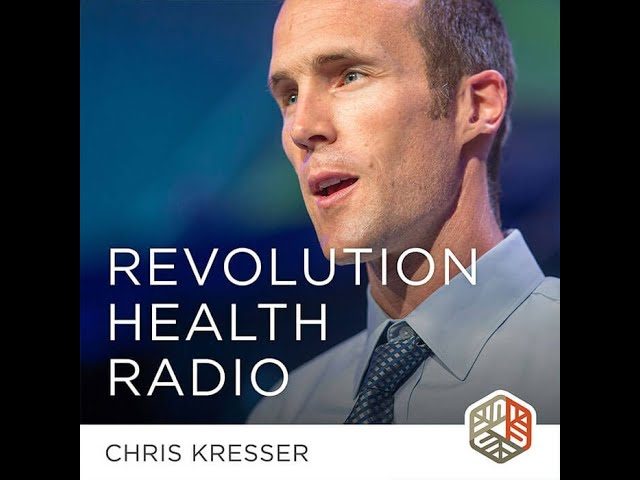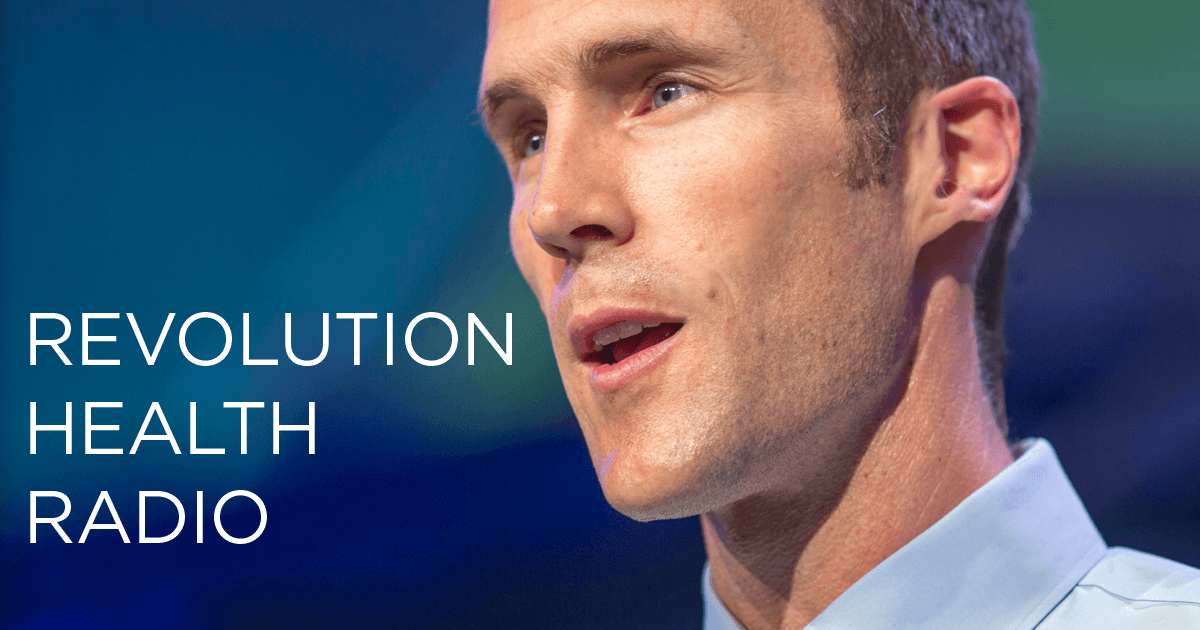
Your Quick Guide to Health Coach Job Opportunities
I believe it more and more every day: Health coaching is going to play a critical role in the future of medicine and the reinvention of healthcare—and I’m not alone in that belief.
Major organizations like the CDC, the National Board of Medical Examiners, the Mayo Clinic, and the Cleveland Clinic are speaking out in favor of and employing health coaches. Health coaching is now a $6 billion market, and job growth for health coaches and other community health workers is expected to expand by 16 percent by 2026. (1, 2) It’s clear that we need health coaches, and the world is taking notice.
Still, it’s a relatively new industry, and I often get questions about the career prospects for a health coach. Health coaching is a growing field, and there’s a lot of freedom to forge your own career path as a health coach. Read on to get answers to your questions and learn more about the job opportunities available for health coaches.
Free eBook
Looking for More Information about Building Your Career?
Download this free eBook for more on the career opportunities available for health coaches.
I hate spam too. Your email is safe with me. By signing up, you agree to our privacy policy.
What Are the Possible Job Opportunities for Health Coaches?
The great news about working in an emerging field like health coaching is you have a lot of flexibility to design a career that leverages your past experience, builds on your individual strengths, and fits your lifestyle.
In fact, there are more ways to configure your career than we can cover here, so let’s just focus on three of the most common paths that health coaches are taking in building a rewarding and meaningful career: full-time employment, collaboration with clinicians, and private practice.
Do you have questions about building a career as a health coach? Check out this article to find out what job opportunities are out there. #iamachangeagent #wellness #chriskresser
1. Full-Time Employment
Health coaches are employed in a variety of settings:
- Private clinics, like my clinic, the California Center for Functional Medicine
- Institutional clinics like the Mayo Clinic and the Cleveland Clinic
- Wellness programs in larger corporations
- Primary care groups like Iora Health
- Health and wellness companies, including health coaching companies
They’re employed by schools that are teaching health coaching or universities that have health coaching programs. They’re employed increasingly by corporations. Close to 46 percent of businesses offer wellness programs, many of which employ health coaches. (3)
There are a number of full-time opportunities out there. But at the same time, it’s important to understand that if you graduate from any health coach program, whether that’s the ADAPT Health Coach Training Program or another program, the job market for employment as a health coach is still growing and not yet as robust as some other professions. That’s why many coaches end up working in another career path: private practice.
2. Private Practice
Many coaches are drawn to the idea of being their own boss, setting their own hours, and focusing on a specific type of clientele. This is a great choice for someone with an entrepreneurial spirit or some past experience with managing a business. It’s a worthy goal for any health coach, but this path may take some time to build up to.
While building up to a full private practice, many health coaches follow a career path that includes some combination of private practice and employment or collaboration with a clinic. For example, a health coach might take on private clients and also do some work with a Functional Medicine practitioner. That hybrid career path is more typical for what things might look like as a new or even seasoned health coach. That’s why it’s so essential for a health coach training program to offer guidance in professional development and tips on how to build up a practice and collaborate with practitioners.
3. Partnering with Clinics and Practitioners
There are a couple of ways that health coaches and clinicians work together (and with different clinicians it works differently). In some cases, the health coach does the initial intake with the patient. The health coach gets to know the patient, and the patient gets comfortable with the health coach. The clinician would handle the clinical workup and the lab testing (and the health coach may or may not be present for that).
Then, the health coach would handle follow-ups and help to implement the treatment plan and support the client with the diet, lifestyle, and behavior interventions that were recommended by the clinician. The health coach also has access to all of the patient’s information, so there’s a consistency of care.
The health coach and the clinicans would also communicate on a regular basis. At CCFM, we use an internal chat tool where we’re always discussing patients in a confidential way. That allows for a lot of collaboration between the health coaches and all of the practitioners at CCFM.
In other cases, the clinician does the intake and then, after completing a treatment plan that involves lifestyle and diet changes, passes the client on to the health coach to work with them regularly, over time, to implement the changes.
Can Health Coaches Work with Private and Public Entities?
It’s a very exciting time right now to be in this field. There are lots of opportunities to work with large-scale, private companies and public entities like municipal departments.
At CCFM, we recently completed a pilot program with the Berkeley Fire Department using health coaching interventions to improve the health of their new recruits, reduce injuries, and decrease burnout. Among a group of around 10 people, they collectively lost about 30 or 40 pounds, and they were enormously happy with the results.
Health coaches can also work with management consultants who partner with large, global corporations. Many large-scale employers are looking to incorporate health coaching-based interventions among their workforce as part of their wellness programs. Corporate wellness—a booming industry all on its own—is expected to grow to a $13 billion market by 2023, so these opportunities are likely to continue. (4)
Can You Create Your Own Career Path as a Health Coach?
You can absolutely create your own career path and even mix health coaching with other healthcare specialization like physical therapy or nutrition.
For those of you who are often working on the front lines with patients on behavior change, like physical therapists and personal trainers, it’s absolutely ideal to learn health coaching and core coaching skills. As I’m sure you’ve already found out, you’re dealing with some of the same issues that a health coach or a nutritionist faces in terms of ambivalence: People being at different stages of change. People not being able to access the motivation they need to follow through with their program.
I think you’ll find that if you learn and incorporate health coaching into your approach, you’ll be much more successful as a physical therapist, trainer, or other healthcare provider.
The Hidden Benefits of a Career in Health Coaching
Beyond the obvious satisfaction of making a difference in peoples’ lives and making a living doing something you are passionate about, there are a few less obvious but significant benefits to choosing a health coaching career.
Flexibility and Fit for Your Lifestyle
Even in our hyperconnected, digital world, there are still very few careers that allow you to make a good living “outside of the cubicle.” As a health coach you have the freedom to create a career that gives you variety and allows you to spend some, or all, of your time working from home. You can work virtually, in person, or a combination of both. You can choose your own hours to some degree or choose the structure of a full-time position if that is a better fit for your life and personality. By mixing and matching clients and collaborations of various kinds, you can create multiple streams of income that give you more freedom, control, and satisfaction in your work.
Highly Portable Skills for the Future
The core coaching skills you learn as a health coach are skills that apply not only to changing behaviors related to diet, exercise, and health. The behavior coaching skills in the ADAPT Health Coach Training Program are useful in any environment with any kind of behavior change. This allows you even more flexibility in designing your career. Health coaches often own gyms or are chiropractors. They may also be life coaches or employee performance coaches in addition to health coaches. And, if you should ever decide to move away from a health focus, the skills you’ve learned will help you excel in a wide variety of contexts, making you a unique candidate for any future position you may decide to pursue.
Significant Positive Impact on Your Personal Life
Many of our students, when asked what surprised them the most about what they learned in our course, replied by saying that they did not realize the profound impact that it would have on their personal development and personal relationships with their spouses, children, and friends.
To be a great coach, you need to learn to “be.” These being skills, like journaling, meditation, and compassionate communication, can be absolutely life changing for the coach, not just for his or her future clients.
What Does the Future Look Like for Full-Time Health Coaches?
I believe that in the future, there will be a growing number of full-time opportunities for health coaches. In Unconventional Medicine, I outline my vision for the future of medicine that includes health coaches. I’ve heard from practitioners that have been inspired to hire health coaches and incorporate more of a Functional Medicine perspective into their approach after reading that book.
You have organizations like the CDC, the Mayo Clinic, and the Cleveland Clinic that are all either using health coaches or have come out and said that we need health coaching. You also have primary care groups like Iora Health that are using health coaches to reverse type 2 diabetes. The National Board of Medical Examiners has stated that it recognizes that health coaching will be an important part of the solution. A growing number of private clinics, in both conventional medicine and integrative and Functional Medicine, have also seen the light and are hiring more health coaches.
I think we’re still in the earlier stages of this health coaching revolution, but it’s already accelerating quickly, and I expect that to continue.
Now, I’d like to hear from you. Do you have any other questions about the job opportunities available for health coaches or the future of the profession? Leave a comment below and let me know.






